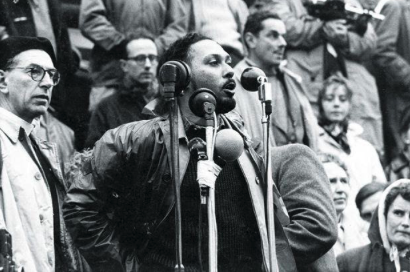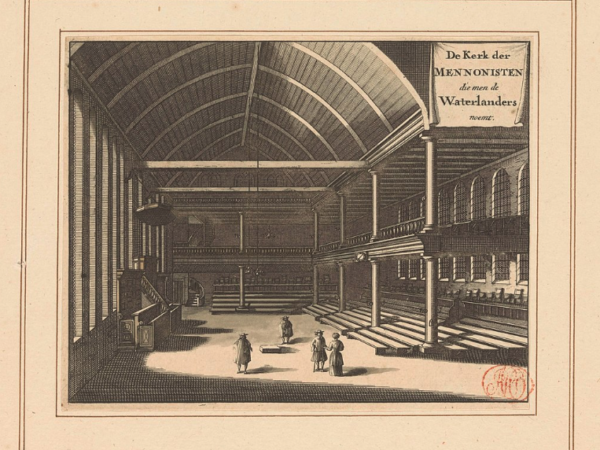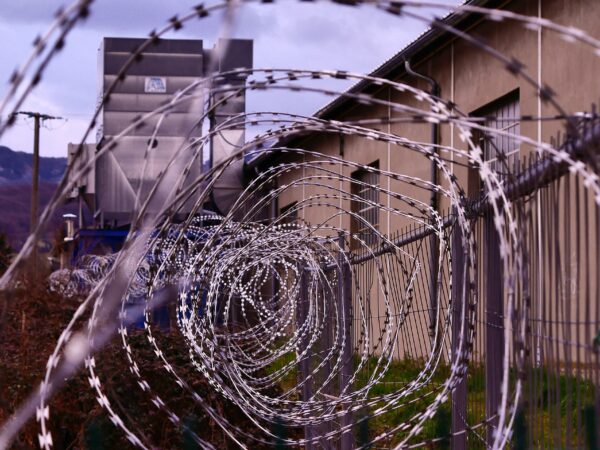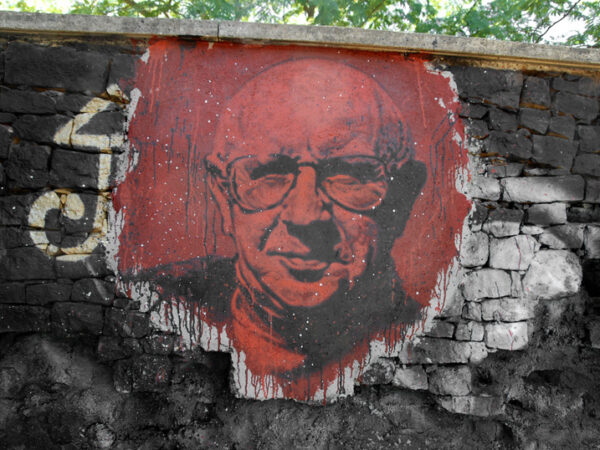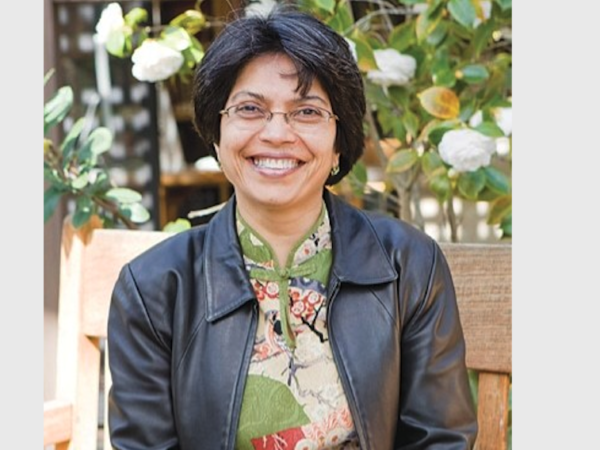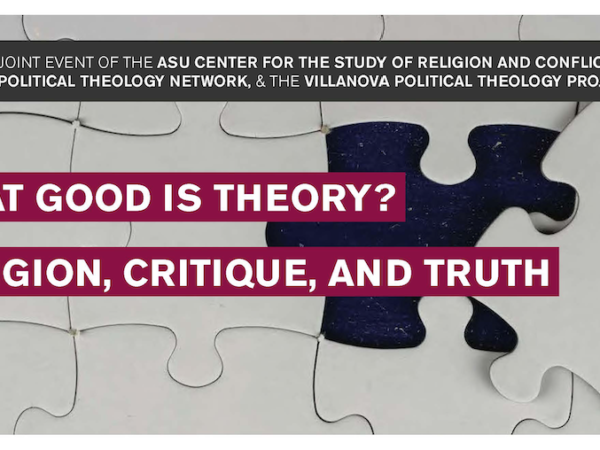
“‘I think that the ways that we move through time and space and objects move through time and space connects us…They can occasion a kind of connection.’ It is ‘our tender care’ for these objects, not merely their proximity to violent suffering, that transforms them into sacred objects.”

As Puar illustrates, debility ensures future sources of profitable capacitation in the name of liberal democracy and liberal rights bearing subjects. I am interested in what can be gained by attending to religion in this constellation, with the goal of further elaborating the dialectic of material and belief that engenders debility.
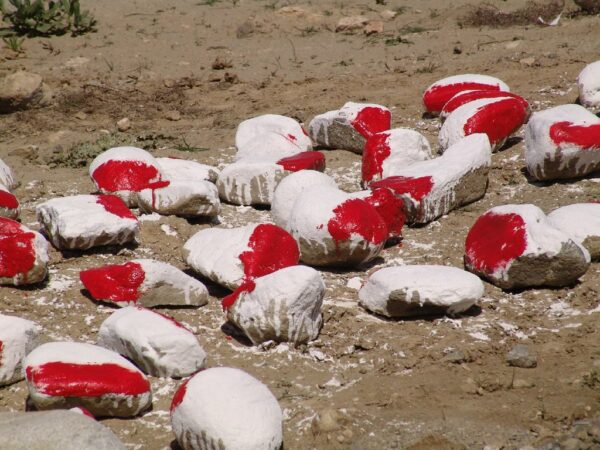
The biopolitics that Puar chronicles is not bent on elimination but rather on producing and measuring excess in order to extract value from it, in order to incorporate and use whatever remains in a project of ever-expanding control and validation of Israeli state legitimacy.
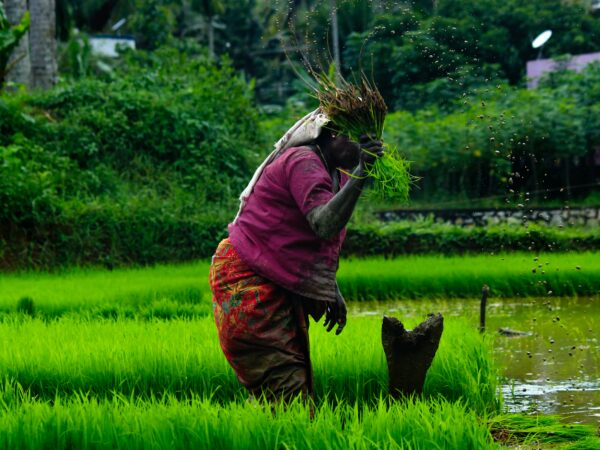
Subaltern hermeneutics offers two insights in this text, a “de-anthropomorphic” reading and “de-transcendental divine” reading. These readings offer hope to the subaltern communities in their journey of faith today and challenge all readers to seek partnerships with the creation, for Jesus is the crop….
